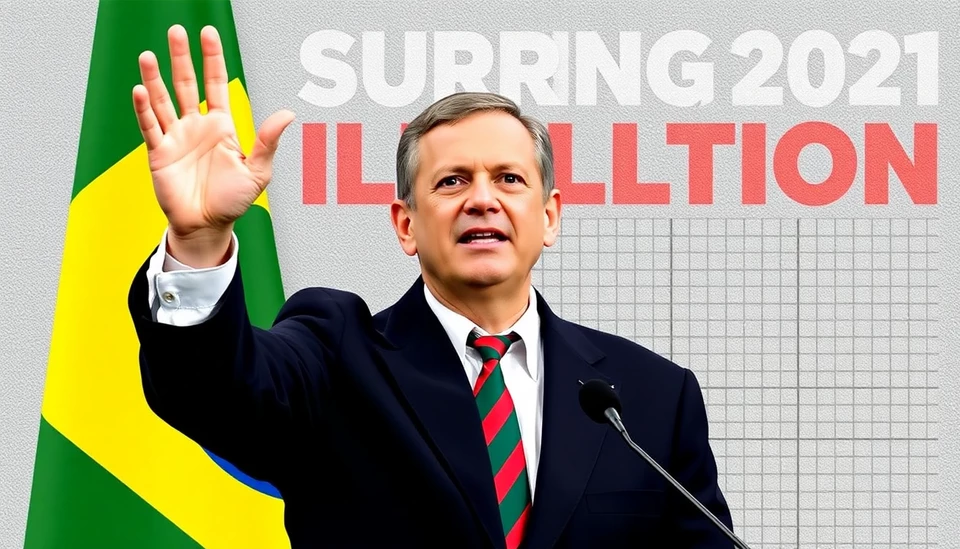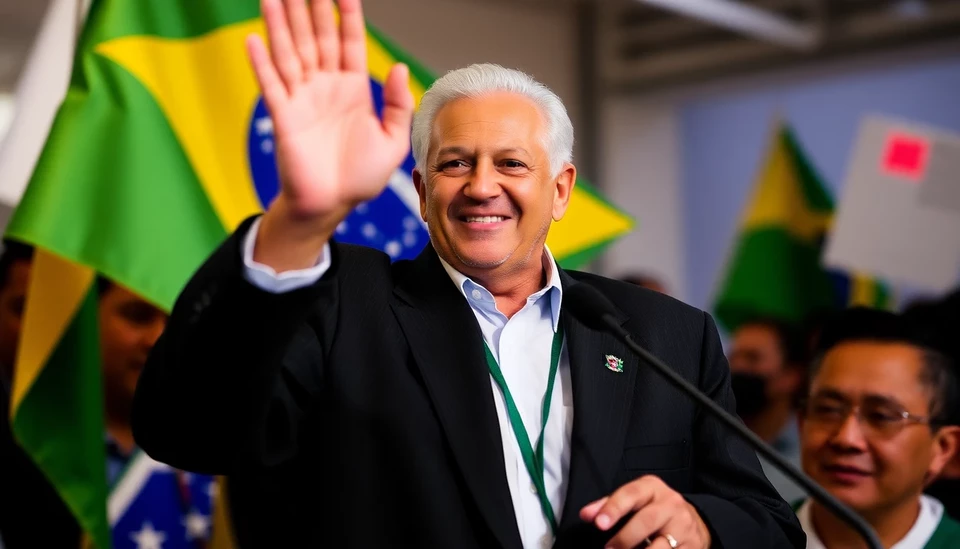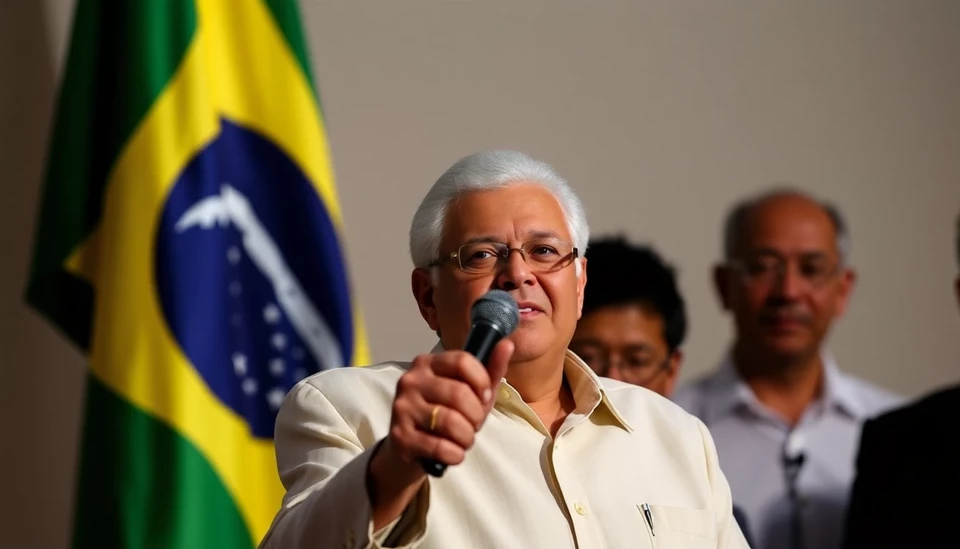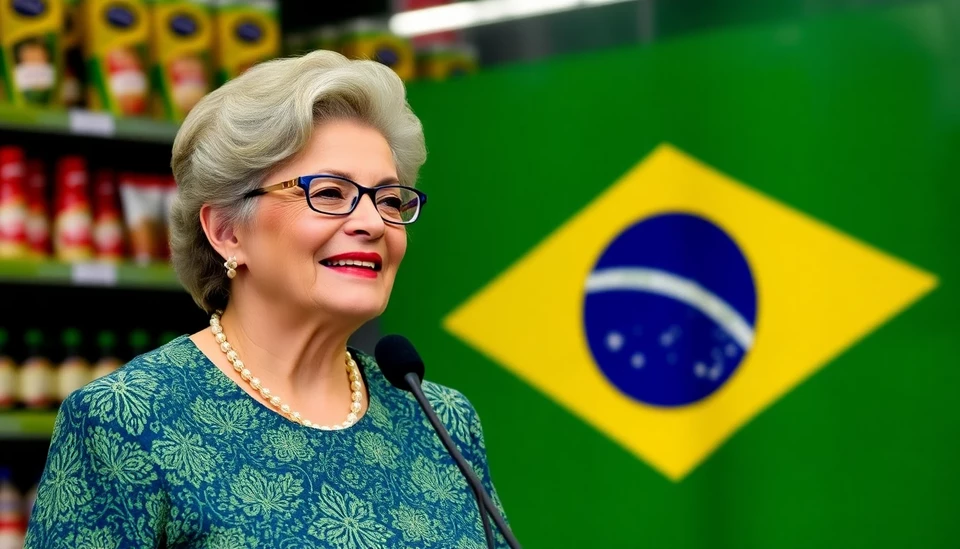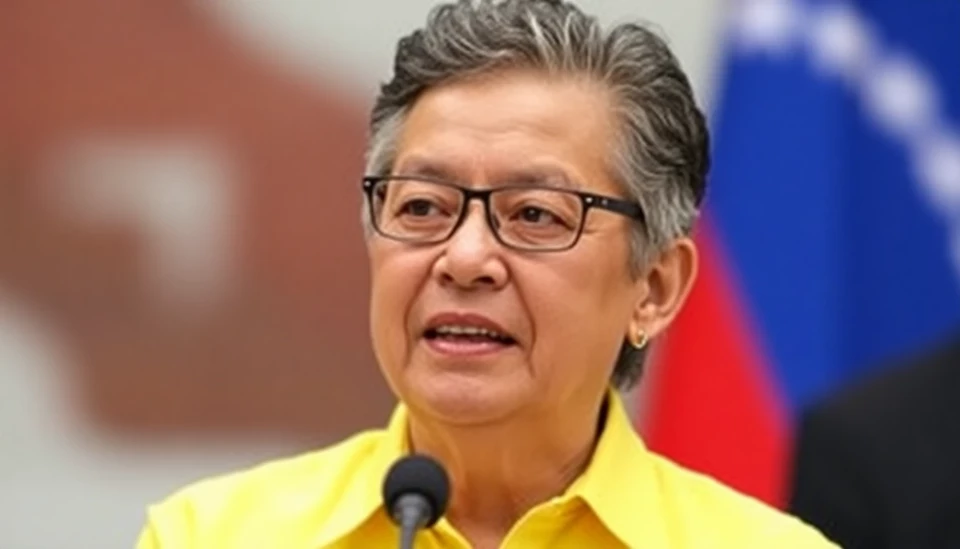
As President Luiz Inácio Lula da Silva of Brazil embarks on a diplomatic mission, he is strategically positioning his nation at a crossroads of global superpower relations. With China being Brazil's largest trading partner and the United States historically a significant ally, Lula seeks to foster a harmonious relationship with Chinese President Xi Jinping while navigating the complexities of U.S. politics, especially with the looming figure of Donald Trump.
In recent months, Lula has taken significant steps to revitalize Brazil's international presence, promoting trade negotiations and cooperation agreements with China. As China continues to strengthen its economic influence in Latin America, Lula's administration is keen on capitalizing on these ties. The Brazilian government believes that enhanced relations with China could lead to increased investments and economic opportunities that are vital for Brazil’s recovery post-pandemic.
However, Lula's diplomatic efforts are not without challenges. The former union leader must carefully calibrate his approach to avoid provoking Trump's administration. Trump’s previous presidency saw a considerable pivot toward nationalist trade policies, and Lula's engagement with China could be viewed unfavorably by that camp. This precarious balancing act requires Lula to be adept at international relations, ensuring that Brazil does not alienate itself from its traditional allies.
Adding another layer to this intricate dance is the current political climate in the United States. With the 2024 presidential election approaching, Trump remains a dominant figure within the Republican Party. Lula's team understands that any sign of favoritism toward China could result in backlash from U.S. policymakers and influence public opinion back home. Thus, Lula's strategy is not only to maintain trade but also to promote the message of Brazilian autonomy in international affairs.
Lula's history as a leftist leader, combined with his focus on social issues and environmental concerns, places him in a unique position to advocate for a multifaceted foreign policy. His administration is eager to attract investments not just in traditional sectors but also in renewable energies and sustainable practices, appealing to both Chinese investors and progressive U.S. stakeholders.
As Lula continues his diplomatic outreach, it remains critical for him to communicate the benefits of Brazil's diversified foreign relations strategy, which could yield economic growth while also addressing global challenges such as climate change and social inequality. This requires deft navigation of both the economic agendas of China and the political sensitivities within the U.S., particularly as the world watches how Brazil will redefine its role on the global stage.
Ultimately, Lula's ability to foster these complex international relationships could define the future trajectory of Brazil's economy and its standing in a rapidly changing geopolitical landscape.
#Lula #China #USRelations #Diplomacy #Brazil #XiJinping #DonaldTrump #TradeAgreements #Geopolitics #LatinAmerica #EconomicGrowth #InternationalRelations
Author: Daniel Foster

